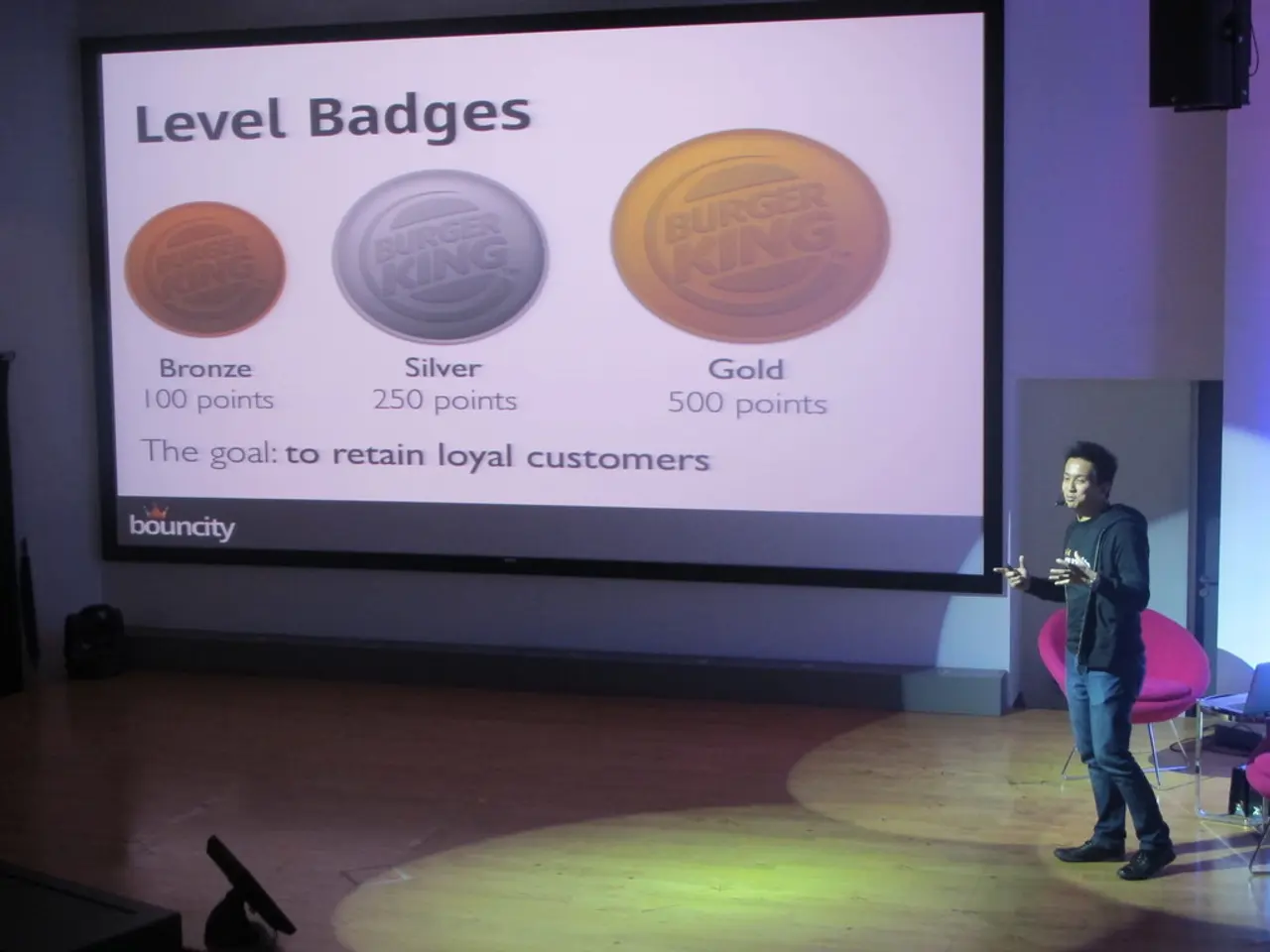Early Detection of Liver Cancer in Manchester Through Lifesaving Technology Uncovers Patients in Treatable Stages
A new liver cancer test, Elecsys GAAD, is demonstrating high effectiveness in the early detection of hepatocellular carcinoma (HCC), the most common liver cancer. The test, developed by Roche Diagnostics, is currently being used in Manchester hospitals to identify patients with early, curable stages of liver cancer.
In a study conducted by researchers at Manchester University NHS Foundation Trust (MFT) and The University of Manchester (UoM), more than 600 patients with cirrhosis have been tested using Elecsys GAAD. The test has detected early-stage liver cancer in four patients, allowing them to benefit from the care and support of a multidisciplinary team.
The GAAD test works by combining blood tests with gender and age to increase the detection rate of HCC. It is used in addition to the current standard of care, which uses AFP information alongside another blood test (Elecsys PIVKA-II), age, and gender to calculate a risk score.
The technology has shown excellent diagnostic accuracy, with an area under the receiver operating characteristic curve (AUROC) of approximately 0.891, indicating strong performance in distinguishing HCC cases from non-cases. Compared to the ASAP score, GAAD shows slightly higher specificity but slightly lower sensitivity, enabling clinicians to choose based on the priority for minimizing false positives or maximizing true positives in surveillance.
One of the study's participants, Gerry, a 67-year-old man with a history of hemochromatosis and cirrhosis, was diagnosed with liver cancer after joining the research trial using Elecsys GAAD. Gerry's liver cancer was found early and he has since had the tumor removed, remaining cancer-free.
Principal Investigator for the study, Dr. Varinder Athwal, believes that more than 1,000 people per year could be detected at an earlier, treatable stage of HCC using the new test. Researchers will investigate if a six-monthly ultrasound adds any further benefit to Elecsys GAAD for detecting HCC.
Earlier and more accurate detection potentially allows for timely treatment interventions, which is critical in improving patient outcomes in HCC. Although specific data on cost savings for the NHS directly tied to implementing the Elecsys GAAD test in clinical practice are not yet available, early detection tests like Elecsys GAAD are likely to reduce treatment costs by catching HCC at earlier, more treatable stages—thereby reducing the need for expensive late-stage interventions. Further detailed economic assessments would be needed for confirmation.
It is recommended that everyone with known cirrhosis undergo testing every six months for primary liver cancer (HCC) using an ultrasound scan and a blood test (alpha fetoprotein - AFP). The work is supported by Imperial College London and Unity Insights. Findings from the implementation at MFT will be used to co-develop a plan for the national roll out within the NHS.
The Elecsys GAAD test could potentially provide a cost saving to the NHS and a significant improvement to the current standard of care, by offering a more accurate and efficient method for detecting HCC at an early stage.
Read also:
- Apparition's Significance and its Delivered Messages - as discussed by Sensenmann
- Explored the Popular Health Assessment with a Queue of 100,000 Aspiring Participants - Here's My Unadulterated Opinion
- Hearing impairment condition: Recognizing symptoms and management approaches
- Exploring Recurring Actions in Mature Individuals: An Analysis of Persistent Actions in Adults' Daily Lives





